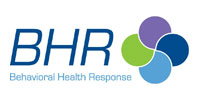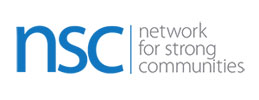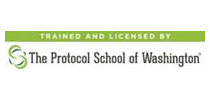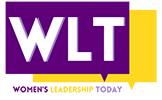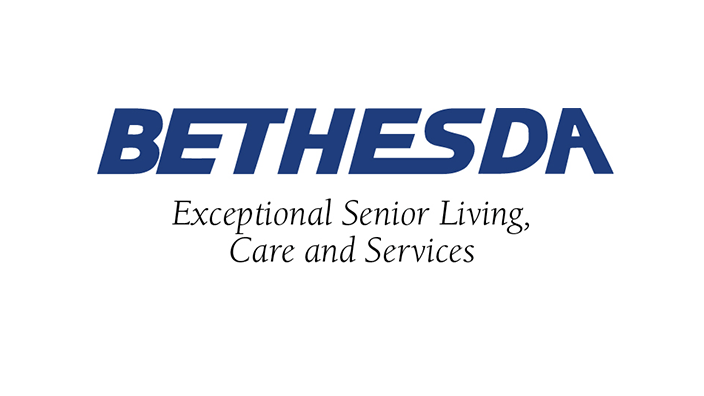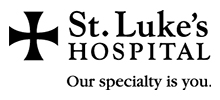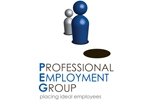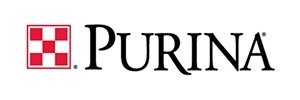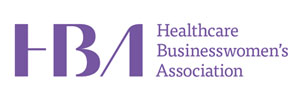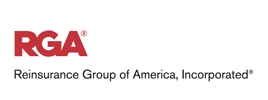
by Nancy Schnoebelen Imbs
published in ASAP
Our technical skills are important. We absolutely need them to do our jobs. Yet it is our soft skills, our interpersonal or social skills, that will catapult us to a higher level of success, no matter the level of our technical abilities. In fact, our social skills are so important in the workplace that HR professionals often ask behavioral-type interview questions over technical ones. They want to ensure you will fit with the culture of the organization and get along with others.
“The most important single ingredient in the formula of success
is the knack at getting along with people”
~ Theodore Roosevelt
Let’s take for an example an executive assistant who manages the office of a CEO. No doubt, she or he has the technical skills such as proficient use of the computer, knowledge of various business software, accounting skills to manage expense reports, and on and on. They also rock in the social skills department possessing high self-regulation, patience, positivity, and adaptability. By having premier social skills, they will not only shine as a rockstar professional, but their well-mannered behavior will help raise the stature of the company’s brand and their CEO.
If on the flip side, if the executive assistant has great technical prowess but ugly social skills, exhibiting poor communication, losing their temper frequently, showing disrespect, and gossiping at the water cooler, you can bet he or she will be not on the payroll for long. No one wants to work with someone with undesirable social skills.
Like technical skills, social skills can be learned. We should all aim to become a better person every day. When you practice good social skills, you become a role model for others and will be recognized with respect, kindness, and an asset to the company. Practice these critical five social skills to develop a better you in the workplace and beyond.
1. Communicate Assertively
Social skills are all about communicating effectively – verbally, nonverbally, and in the written form. Practice “speaking” in an assertive manner. When you speak assertively, (not aggressively or passively) you’re doing so with respect, kindness, and honesty. This manner of communicating helps build trust and teamwork, solves differences, and creates an environment of respect that promotes problem solving and builds relationships. Assertive communication allows you to clearly address your needs while keeping in mind the needs of others. It’s an effective communication style that aims at a win-win for both parties.
2. Be Mindful of Manners
Employing gold-standard manners can sometimes be easier said than done. Make a special effort to be mindful of your actions. Are you expressing politeness on a regular basis by saying thank you, no thank you, please, pardon me, good morning, etc.?
I often witness people ordering food or beverages saying, “I’ll take a small non-fat latte.” Rather than, “May I please have a small nonfat latte?” It’s a simple act of good manners that goes a long way in showing respect and kindness.
Why not go the extra mile and add paper to the printer, refill the coffee pot, or send a handwritten thank you note (instead of a text or email) to a co-worker who brought treats to the office? When showcasing exemplary manners, you’ll feel good about yourself while the other feels good and respected as well!
3. Practice Empathy
Today, more than ever, empathy in the workplace is much needed. With the struggles of the COVID pandemic and trying to practice work/life balance, empathy and compassion need a front row seat. When you wear your empathy hat, you show you care for others and will do your best to see things from their point of view.
When you demonstrate empathy, you’re also building trust and teamwork. What’s more, empathy is a positive human interaction that is a springboard for higher productivity, motivation, and it strengthens relationships – all excellent leadership skills.
4. Hold Your Tongue
Self-regulation is an important social skill to practice at work and home. When you are in control of your emotions, you’re able to better cope, think clearly, and respond appropriately without regret. Individuals who possess high self-regulation skills refrain from acting impulsively. They have the keen ability to keep disruptive emotions in check.
We all have the responsibility to manage our emotions. Throwing a temper tantrum at work because you don’t like a particular assignment will not bode well for your career, especially if you cannot regularly control your emotions. When we exhibit strong self-regulation skills, you are essentially showcasing poise, trust, credibility, confidence, and flexibility – other powerful and admired social skills.
5. Challenge Yourself
When developing your social skills, it’s paramount to step out of your comfort zone and push yourself in ways that may be a bit uncomfortable. For example, if you want to improve your communication skills, but refuse to attend networking events, you are doing yourself a huge disservice.
Not only will you have the opportunity to practice other social skills while networking, but you will also experience a variety of different personalities, which will give you great communication practice. What’s more, you will increase your confidence, which in turn will enable you to venture out to more networking events.
No one grows until they challenge themselves. There’s nothing more rewarding than to develop a skill. Our confidence blossoms, and we’re motivated to continue to strive to be better and do better. When you work hard to develop your social skills, you will do just that.













